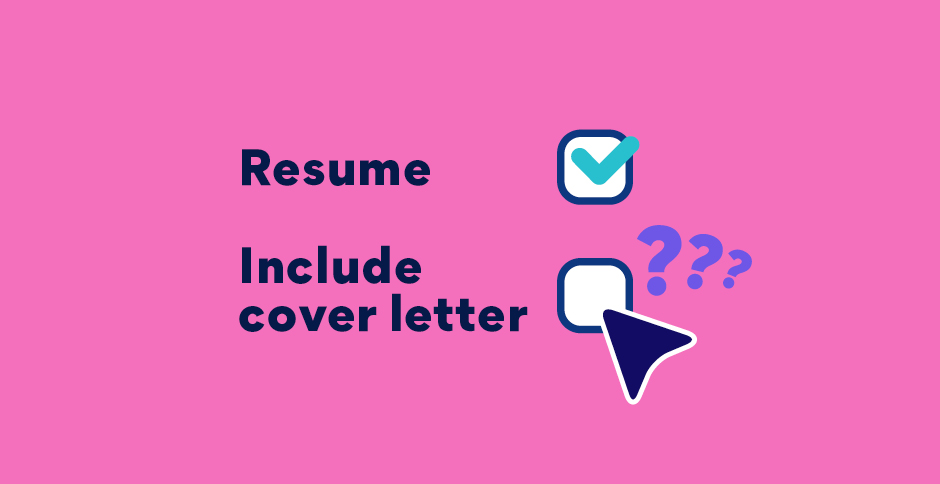Recruiters and employers are different beasts. One is usually commissioned by several companies to help fill a variety of roles, while the other is focussed on finding a single person for a particular role. You’ll need to tailor your CV and covering letter differently for each.
One is usually commissioned by several companies to help fill a variety of roles, while the other is focussed on finding a single person for a particular role.
Read on for some insights into the best way to get the most out of each.
Team Recruiters
- Recruiter tip 1. Do your homework. Find the recruiters with a history in your industry, says Adam Shapley, regional director at HAYS. The best way to do this is to surf SEEK and look at who’s advertising the most relevant jobs. These are the recruiters to make friends with.
- Recruiter tip 2. Build relationships with recruiters. It’s not just about this job. If you’re someone with great experience or potential a recruiter will place you five or six times during your career and may keep you in mind even when you’re not actively looking for a new role. The employer on the other hand is interested in this role and your potential to grow in the organisation.
- Recruiter tip 3. Be honest. If you lay your cards on the table the recruiter can help prepare you for the interview and set employer expectations. The recruiter wants you to win this role, whereas an employer might be looking at your long term growth and progression through the company.
- Recruiter tip 4. Sell your experience. Employers pay recruiters to find experienced people, says Shapley. Only the qualified land an interview date at recruitment companies. So make sure your CV for the recruiter highlights your qualifications and experience high up and that you apply for jobs you have a reasonable chance of getting. That saves everyone’s time.
- Recruiter tip 5. Patience is key. The process may take longer than going direct to the employer because there are more steps and interviews.
Team Employers
- Employer tip 1. Take the interview seriously. Sometimes candidates are just interested in finding out what’s on offer, says Shapley. This doesn’t impress employers. Always treat each interview as if you really want the job. That might just happen. Even if you’ve voiced doubts to the recruiter, don’t let the employer know.
- Employer tip 2. Fit, fit and fit. Brush up on your interpersonal skills. Employers trust that recruiters have checked your qualifications and experience. In the interview with the employer you’ll be asked the difficult questions about yourself such as the dreaded: “tell me about yourself”.
- Employer tip 3. Know the organisation. The recruiter may not necessarily know the organisation’s EBIT (a financial measure) in detail but you shouldn’t overlook this opportunity to showcase your knowledge of the role you are applying for. On the other hand the employer will be dazzled by your knowledge in most cases. Let the employer know how keen you are on joining the team.
- Employer tip 4. Don’t discuss the Big M (money). Whilst you need to be totally open and honest with the recruiter about your current salary and wishes, you can avoid talking about this with the employer, says Shapley. The higher your salary the greater commission the recruiter gets. So it’s a win-win situation if the recruiter negotiates. The exception to the rule is when the job involves negotiation skills. It might look a bit odd if you wouldn’t be willing to discuss your own salary.
- Employer tip 5. If you’re dealing with an employer focus squarely on the job at hand. With a recruiter you can be more open minded because other roles may be available.



